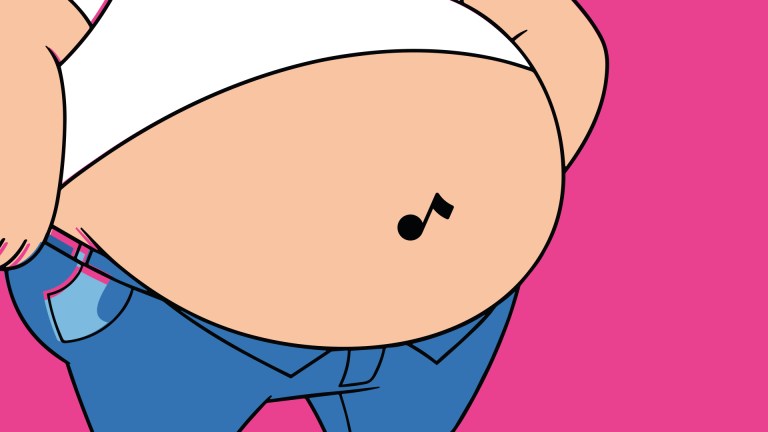The teenagers could barely contain their sniggering. In fairness, I’m not sure the adults snapping photos were focused entirely on the artistic merits of the pencil drawings. Detailed explanation might be described as NSFW – not suitable for work – so let’s vaguely describe them as phallic, with experimental scale. Some might even suggest they are instructive. There is more than meets the eye with Jean Cocteau’s confident sketches. This batch, currently curated by the Peggy Guggenheim collection to coincide with this year’s Venice Biennale, are representative of the way the artist explored his sexuality throughout the late 1920s and ’30s; a period when same-sex relationships were not widely accepted.
Cocteau identified with Orpheus, the Greek hero who served as his avatar throughout a long career. (When designing the traditional sword with Cartier for his induction into the Académie Française in 1955, Cocteau featured Orpheus on the hilt.) Greek homoeroticism held a life-long appeal; Cocteau – also a talented writer and occasional actor – wrote and starred (as the angel Heurtebise) in a production of the story, and alluded to Orpheus in various paintings. But his most famous musical legacy is the libretto he penned for Stravinsky’s opera-oratorio Oedipus Rex (1927).
Get the latest news and insight into how the Big Issue magazine is made by signing up for the Inside Big Issue newsletter
Scottish Opera (SO) has just performed the work at Edinburgh International Festival, setting the ancient city of Thebes in The National Museum of Scotland’s Grand Gallery. As with previous SO projects – such as 2022’s Candide – the action moved around the space, creating a promenade performance. The cast was enlarged by a chorus comprising SO singers and community members from across Scotland. Originally scored for male-only chorus, Roxana Haines’s production integrated female and other voices, creating further opportunities for inclusion.
This type of cross-sector production, combining professional and amateur forces, is becoming increasingly important. It’s not a new idea: Three Choirs Festival, one of the longest-running classical music events in the world (it celebrated its 300th anniversary in 2015), invites local singers to work and perform with world-famous musicians every year (the next opportunity is in Hereford in 2025). Fledging initiatives are baking this use of vocal forces into their programmes. Classical Pride, for example, featured an LGBT+ Community Choir at its Barbican gala concert earlier this year.
Garsington Opera has long hosted impressive community projects – Dalia (2022), a work about the eponymous Syrian refugee who discovers an unusual talent for cricket, cast five professional singers alongside an adult community chorus and youth chorus, plus contingents of children from several local schools. A Trip to the Moon, staged in July, similarly brought a mix of performers to the main stage, with opportunities continuing via the organisation’s GO Participate scheme.









